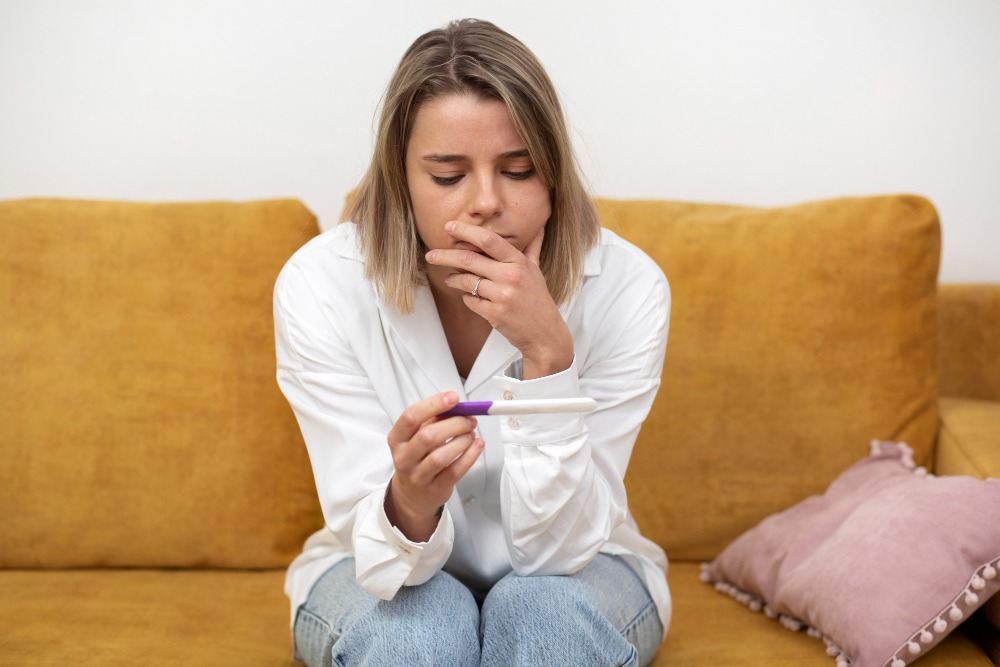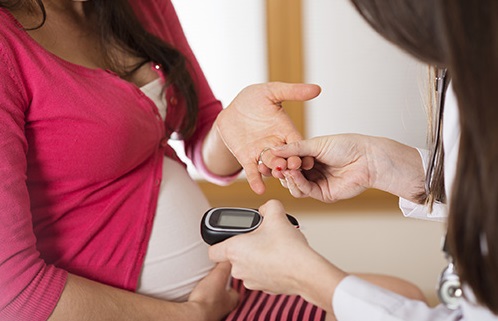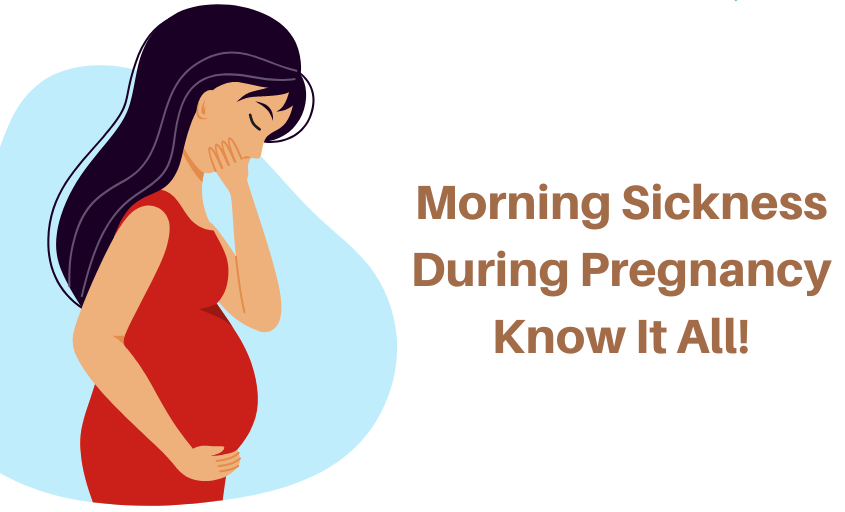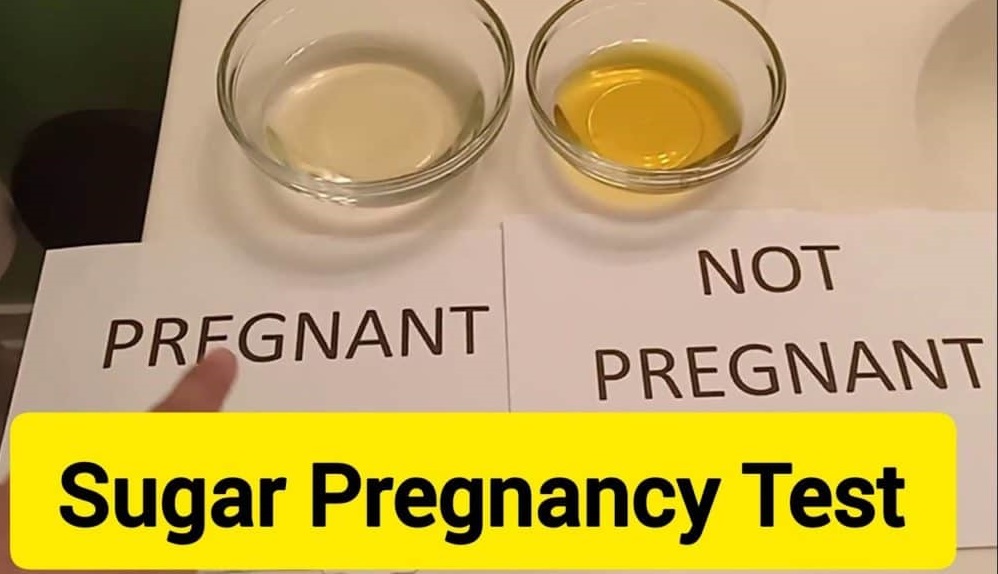Congratulations! You’ve just given birth to a beautiful baby, and amidst the sleepless nights and endless diaper changes, you might notice something else missing: your period. Before you fret, it’s important to understand why this happens and when you should be concerned, especially if you’re not breastfeeding.
The Basics: Why Might My Period Be Missing?
After pregnancy, it’s not uncommon for periods to take a hiatus, and this can happen for several reasons:
- Postpartum Hormonal Shift: Pregnancy causes a surge in hormones such as progesterone and estrogen. After childbirth, these levels drop, but it takes time for the body to adjust and for the menstrual cycle to resume its regular rhythm.
- Uterine Healing: After giving birth, the uterus needs time to heal and return to its pre-pregnancy size. This healing period can delay the return of menstruation.
- Breastfeeding: Many know that breastfeeding can suppress ovulation and delay the return of periods. But even if you’re not breastfeeding, it doesn’t automatically mean your period will return immediately.
When Should I Be Concerned?
While it’s perfectly normal for your period to be delayed after childbirth, there are instances when a prolonged absence may be a sign that you need to consult a doctor:
- After Six Months: If you’re not breastfeeding and still haven’t seen the return of your period after six months, it’s a good idea to check in with your healthcare provider. They can offer guidance on what might be happening and if any action needs to be taken.
- Unexplained Symptoms: If you’re experiencing symptoms like excessive hair growth, sudden weight changes, severe pain, or any other unexpected symptoms, they might be indicative of an underlying issue like polycystic ovary syndrome (PCOS) or thyroid problems.
- Signs of Pregnancy: It’s essential to remember that even if you haven’t gotten your period back, it doesn’t mean you can’t get pregnant. If you have symptoms of pregnancy (e.g., tender breasts, nausea, or missed period), it might be time for a pregnancy test!
- Personal Health History: If you had irregular periods before pregnancy or have a history of reproductive health issues, it’s always a good idea to discuss any concerns with your doctor sooner rather than later.
Read More:
Tips for Navigating Post-Pregnancy Periods:
- Track Your Cycle: Consider using a period-tracking app or journal. This can help you identify patterns when your cycle does return.
- Consult a Lactation Specialist: Even if you’re not breastfeeding, a lactation specialist can provide insights into how the body changes after childbirth.
- Stay Informed: Knowledge is power. Read up on post-pregnancy changes, and always ask your doctor if you have any concerns.
- Self-Care: The postpartum period is a time of immense change. Ensure you’re taking care of yourself both mentally and physically. This includes eating well, getting as much rest as possible, and seeking support when needed.
In Conclusion
Your body undergoes significant changes during and after pregnancy. While periods might naturally delay or become irregular after childbirth, you should always listen to your body and consult healthcare professionals if something doesn’t feel right. Keep in mind that every woman has a unique experience, so trust your instincts and take good care of your body.















One thought on “No Period After Pregnancy: When to Worry If Not Breastfeeding”